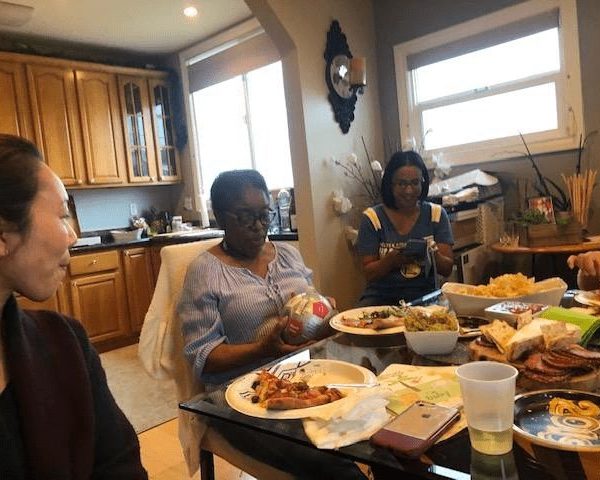This two-year project developed, planned, and piloted a Learning Collaborative (LC) of 8 to 10 family child care networks. The project focused on implementation of innovative, expert-supported network strategies to support family child care quality practices that lead to improved outcomes for infants and toddlers and their families. The LC contributed new knowledge about how to engage home-based child care providers in quality improvements, how to improve caregiving for infants and toddlers in these settings, and how to sustain effective quality improvement services. The pilot, implementation, and future sustainability of the LC shone a new light on this historically unrecognized sector of the early childhood workforce and field by bringing program staff and providers together to document effective strategies and approaches to improving child care quality.
The primary goals of the project were to:
1) identify areas for innovation in quality improvement strategies based on feedback from the field and existing research;
2) address gaps in measurement and development of common metrics to demonstrate effective practices focused on improving quality across networks;
3) improve data collection procedures and capacity among participating agencies to measure quality improvements among affiliated providers; and
4) increase the evidence base for effective approaches to improving quality in home-based child care including family child care and family, friend, and neighbor settings.

Join the Erikson family with monthly news + events updates shared by academics, community members, and families.